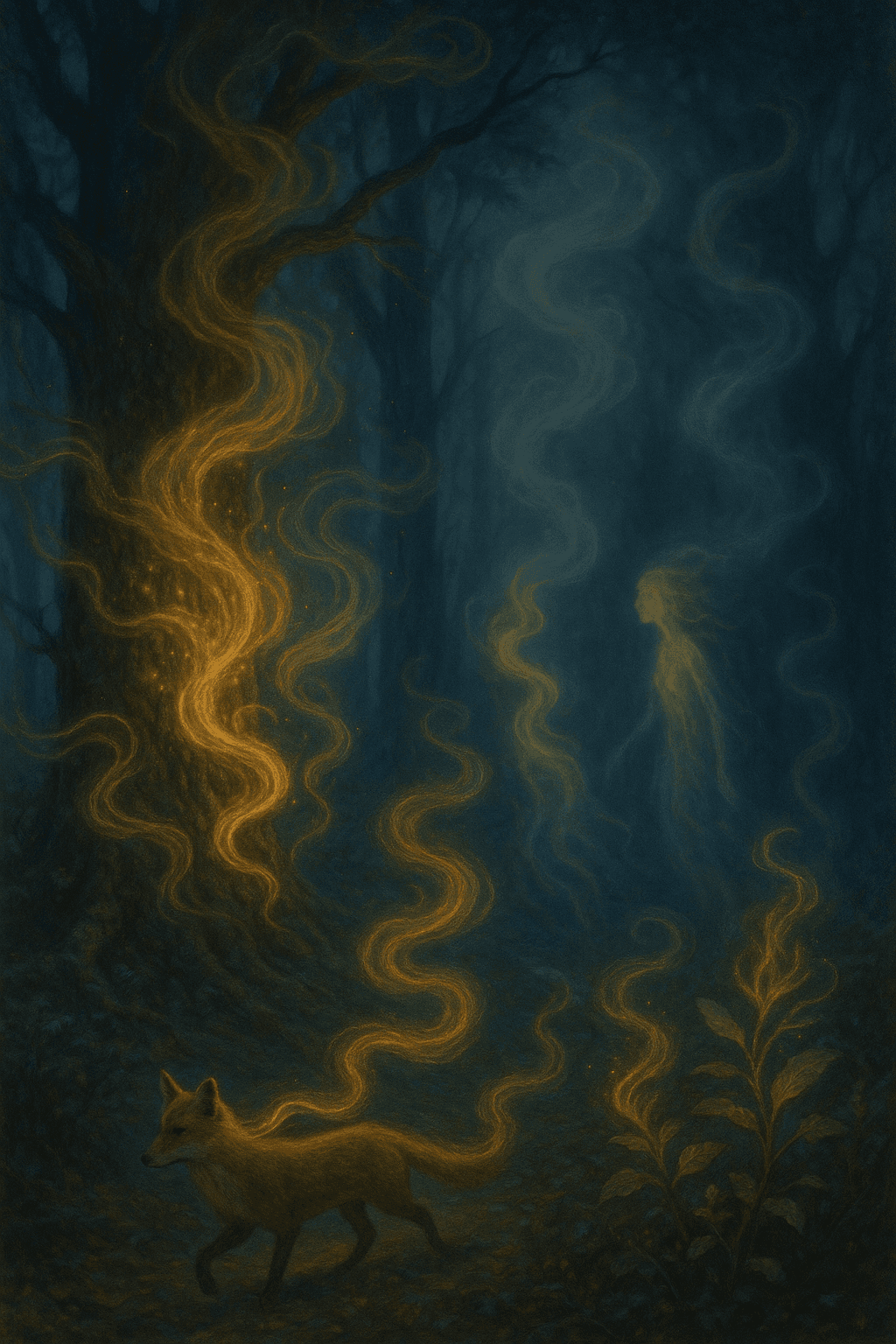Scent and Subtlety: Revelations Beyond Mere Sight in Folklore
Created at: August 2, 2025

Odor in folklore is more telling than sight in revealing the inner nature of things. — Jun’ichirō Tanizaki
The Unseen Depth of Scent
Jun’ichirō Tanizaki’s insight points to a fascinating phenomenon: while vision dominates our modern understanding of reality, odor often lingers as a more profound revelator of truth in folklore. This notion emerges in countless tales where sight deceives—the surface beauty of a creature masks its true sinister nature, yet a strange or foul smell unmasks the illusion, revealing a deeper, often hidden reality.
Folkloric Examples Across Cultures
Transitioning across cultures, one finds that scent is frequently the sense that betrays what the eyes cannot perceive. In Japanese folklore, for instance, kitsune (fox spirits) may appear beautiful or human, but their fox-like scent reveals their supernatural origin. Similarly, European tales of faeries and vampires often describe distinctive, unsettling aromas as warnings—long before their true natures are visually exposed.
Symbolism and Sensual Perception
Building upon these tales, odor acquires symbolic weight: sight is easily tricked, but scent pierces to the heart of things. Tanizaki’s observation echoes this, emphasizing olfaction as an intuitive sense that bypasses visual illusions. Literary works, such as Patrick Süskind’s *Perfume* (1985), dwell on the psychological power of scent to evoke memory and essence—something vision alone cannot convey.
Philosophical and Psychological Underpinnings
Delving further, philosophers like Aristotle posited that the senses offer distinct paths to truth, and in many traditions, olfactory impressions are linked to the soul or one’s ‘true spirit.’ Modern psychologists also note that smell is closely tied to memory and emotion, suggesting why odors might, in folklore, signify authenticity and essence where eyes may be misled.
A Modern Reappraisal of the Sensory Hierarchy
Ultimately, Tanizaki’s statement invites us to reconsider the primacy of sight. In an age inundated by visual stimuli, the enduring wisdom of folklore reminds us that other senses, particularly smell, can offer unique access to the world’s hidden layers. By attending to scent, we may yet discover truths overlooked by our eyes—a timeless lesson from both story and sensory experience.